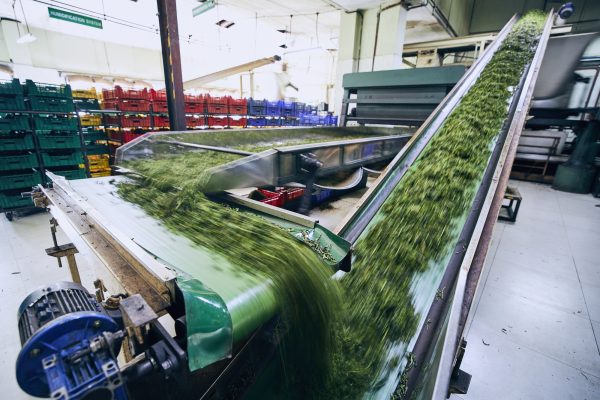
The worst fears of Sri Lanka’s tea and apparel sectors have become a reality as they are losing their orders to competitors, and India, Sri Lanka’s neighbor is a major beneficiary.
As Sri Lanka is facing a severe dollar crisis, its capacity to import food, gas, fuel, medicine, and essential items has been severely curtailed, and the island nation has sought assistance from its neighbor India to purchase necessary commodities. China has also provided loans, which many doubt Sri Lanka will be unable to pay.
At present, Sri Lanka is facing its worst economic crisis since independence, with a shortage of essentials including food, fuel, and gas sparking protests across the island nation.
The crisis in Sri Lanka, especially the fuel shortage, is crippling many sectors, including the apparel sector. That has led to many apparel orders from the U.K., EU, and Latin American countries being diverted to India. Already several orders have been given to companies in Tirupur District, the hub of the textile industry in Tamil Nadu.
According to sources with the Sri Lanka Export Development Board, regional peers are moving to reap the benefits of the economic crisis in Sri Lanka by attracting major European buyers, a move that will threaten one of Sri Lanka’s most established industries.
According to economic analysts, the island nation’s earnings from apparel exports decreased in 2020, reaching a total of $4.4 billion, approximately $1.3 billion less than in 2019.
As per the U.S. International Trade Administration, the apparel export industry is significant to Sri Lanka’s economy, as it accounts for about 44 percent of total exports and 33 percent of jobs in the manufacturing sector. As a major portion of Sri Lankan exports, the apparel industry is also a major source of foreign exchange – meaning the industry’s decline will only worsen Sri Lanka’s foreign reserve shortage.
At present, India produces over 34 million bales of cotton, yet consumption will be more than production as a result of order diversion from Sri Lanka due to the economic crisis the island nation is facing.
India has taken measures to boost its apparel exports, eyeing a greater share of the international market dominated by man-made fibers (MMFs)
Indian exporters are hopeful that the majority of apparel orders may divert to India in the near future as Sri Lanka is reeling under economic crisis and several apparel exporters have decided to look for feasible options. According to analysts, apparel buyers have started to reach out to several exporters in India, including the Tirupur Exporters Association. The U.K. and EU countries are mostly interested in purchasing woven items, shirts, T-shirts, and baby clothes, and India hopes to accommodate the increased demand.
Meanwhile, the internationally renowned Ceylon Tea brand is also under threat due to the shortage of fertilizer. The problem was initially caused by Sri Lanka’s abrupt and total shift to organic fertilizer – a government initiative that proved a complete failure. Now the agriculture industry, including tea plantations, are struggling to secure fertilizer due to the foreign reserve crisis. India has received several inquiries from markets where Sri Lanka sold Ceylon Tea, a major source of foreign exchange for many decades.
According to planters, tea processing units in Sri Lanka are experiencing power cuts for up to 7-8 hours a day, and the factories do not have enough fuel to run their generators. The power cuts are disrupting the tea processing and adversely impacting the quality of black tea leaves.
Meanwhile, due to the economic crisis – including the food, fuel, and gas shortage – tourism industry, another major source of foreign exchange for Sri Lanka, too has deteriorated, with many tourists seeking other destinations. Tourism was already devastated by the COVID-19 pandemic, and Sri Lanka’s crisis is preventing any recovery. Many tourists who were in Sri Lanka have left to other destinations as they could not travel to their preplanned destinations in Sri Lanka nor stay in their reserved hotels due to constant power cuts and food shortages.
Sri Lanka’s economic crisis is therefore crippling three of the country’s mainstay industries, further complicating the potential for recovery.
India Reaps Economic Gains From Sri Lanka’s Crisis
Source: Frappler

0 Comments